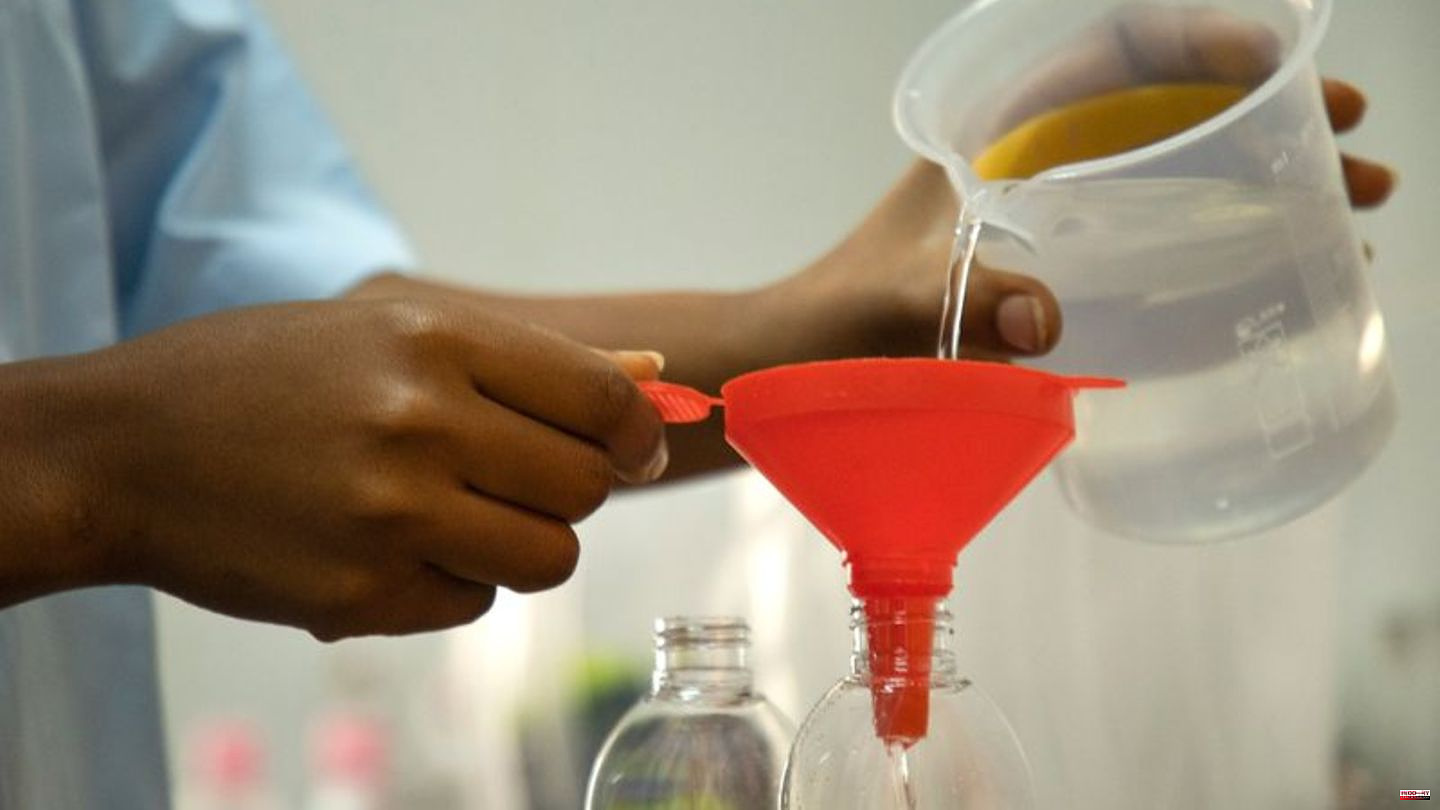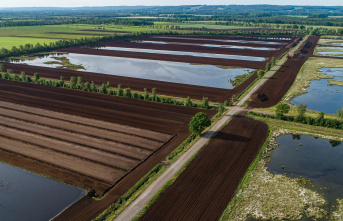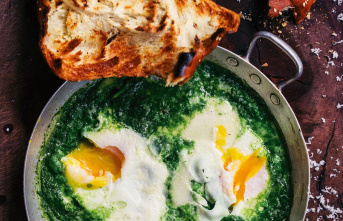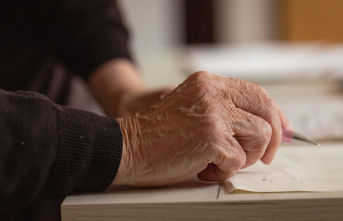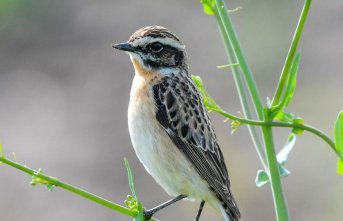In the backyard of a small office building on the outskirts of the Ugandan capital Kampala, Jovia Kisaakye checks buckets of fermenting cow's milk.
The 20-year-old entrepreneur lifts one of the lids and happily inhales the pungent, sour smell. The milk has formed small bubbles, tiny larvae are wriggling on the surface. Exactly what Kisaakye is after.
The young businesswoman has developed a mosquito cream based on sour milk. In doing so, she is tackling two problems in the East African country at once: the mosquitoes that transmit malaria and the large quantities of spoiled milk. Farmers in Uganda produce 2.8 billion liters of milk annually, according to the National Dairy Development Agency (DDA). But because many rural areas have no electricity and farmers cannot refrigerate their milk, much of it spoils. Only about a third is consumed.
14 million Ugandans contract malaria
At the same time, according to the World Health Organization (WHO), around 14 million Ugandans contract malaria every year. Malaria is the leading cause of death in the country of 46 million people; Tens of thousands end up in hospital every year because of the tropical disease. Kisaakye knows this from personal experience. Her then one-year-old brother Jeremiah died of malaria in 2007. She herself often suffered from the disease and had to be hospitalized several times.
Three years ago, Kisaakye, who studies statistics at Makerere University in Kampala, turned her suffering into a business idea. At the university she met malaria researcher Patrick Sseremba (26) and agricultural scientist and food chemist Blasio Kawere (26). A little later, the three founded the company Sparkle Agro Brand. Kisaakye's idea: to develop an effective mosquito repellent lotion from the dry powder of sour milk. "I just had to find a solution," says Kisaakye, who herself comes from a farming family.
Weeks of lab testing with support from the Department of Health and the National Insect Research Institute followed; followed by an effectiveness study. "Many of our first attempts were unsuccessful," Sseremba recalls. But the three scientists did not give up.
In early 2020, they finally stumbled upon their formula for success. The result was up to twelve hours of active mosquito protection. The product was ready for the market - and much more than a simple mosquito cream. Because of natural plant extracts, the lotion heals and softens the skin, says Kisaakye. The ingredients are 100 percent organic.
Win-Win-Situation
The Sparkle brand is also committed to fighting food waste, Kisaayke continues. The company buys the sour milk from small dairies, creating a win-win situation. Sparkle Agro Brand gets the main ingredient of the cream at a low price which they pass on to consumers. The smallholders can cushion their losses.
Sparkle Agro Brand's production facility is a humble, floral-scented, white-tiled laboratory in the village of Kitende on the southern outskirts of Kampala. The company, which according to the founders is worth around half a million euros, now has 4 permanent and 20 part-time employees.
Hundreds of plastic bottles with pink screw caps and the curved Sparkle logo are neatly lined up on shelves, waiting for the next order. Customers include drugstores and supermarkets in Uganda and the Democratic Republic of the Congo. Aid organizations also buy the creams to distribute to refugees, says Kisaakye. While conquering new markets for mosquito repellent, the entrepreneurs are already working on a new idea: an insecticide made from sour milk.

